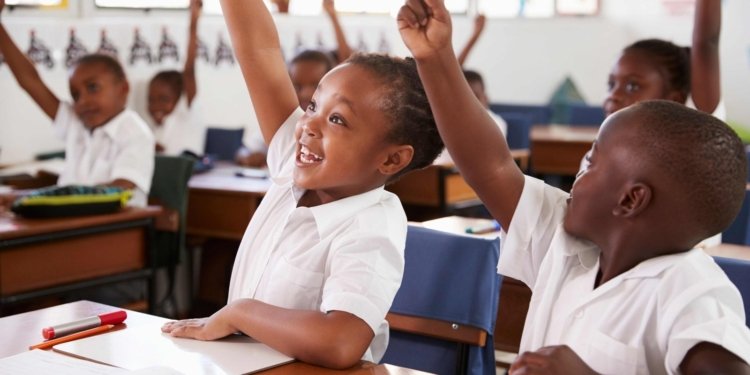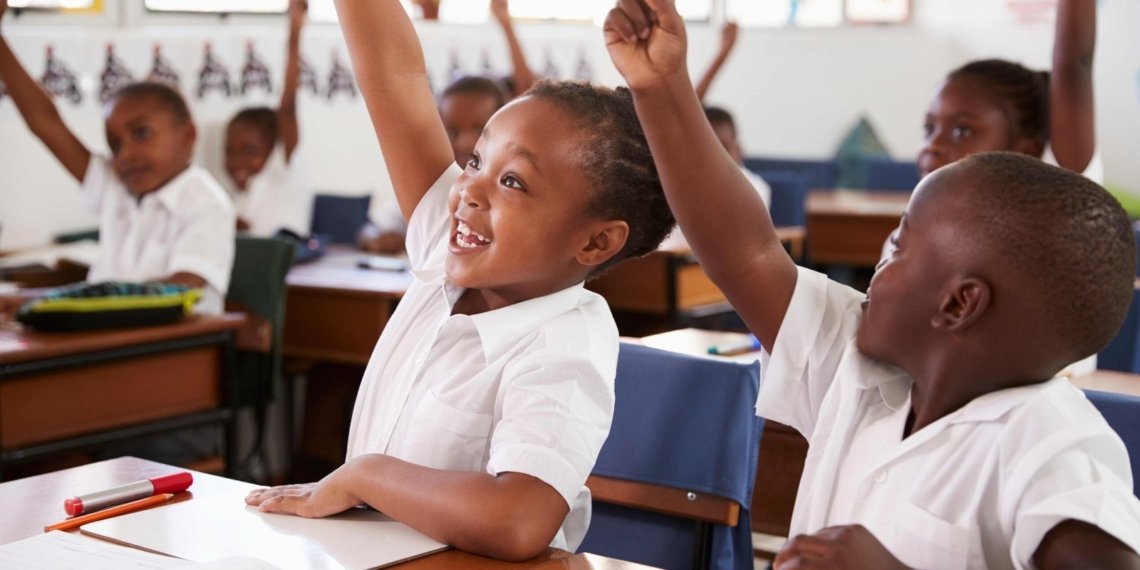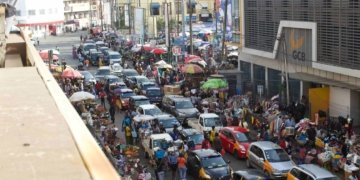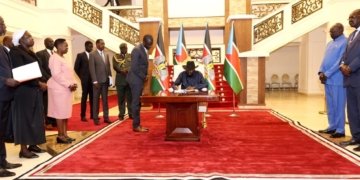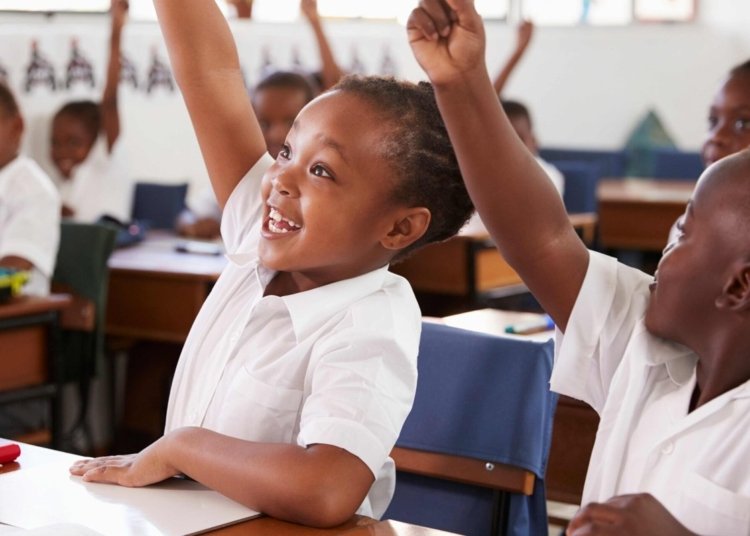JOHANNESBURG, South Africa (BG) – Transforming the basic education sector by improving the quality of learning from an early age can boost inclusive growth in South Africa, according to a World Bank report released Tuesday.
The report, which analyzes the country’s recent economic performance and medium-term prospects, highlights education as a key factor in long-term economic development.
The fifteenth edition of the South Africa Economic Update, titled “Learning: Overdue Reforms and Emerging Priorities in Basic Education”, notes that South Africa’s successful political transition and reduced energy load shedding in 2024 have helped improve the economic outlook.
Growth is expected to rebound from an estimated 0.8% in 2024 to 1.8% in 2025 and 2% in the medium term.
However, the report warns that even this pace of growth will not be enough to significantly reduce poverty and inequality.
To accelerate economic progress, the report suggests three key policy actions: improving energy and transport infrastructure, increasing the efficiency of public spending, and strengthening human capital through better education.
“Education is a powerful driver of development, and one of the strongest instruments to reduce poverty and promote equality,” said Satu Kahkonen, World Bank Country Director for South Africa.
Minister of Basic Education Siviwe Gwarube emphasized the need for partnerships and teacher training to improve education outcomes.
“This research by the World Bank Group is well aligned with the government’s priorities to ensure all children in South Africa have access to quality education,” Gwarube said.
Despite progress since the end of apartheid, South Africa faces a learning crisis. According to the report, nearly 80% of Grade 4 learners struggled with reading in 2021, and financial constraints continue to challenge the sector.
The report recommends prioritizing early childhood education, expanding private sector partnerships, and improving teacher training to address these issues and promote inclusive growth.
